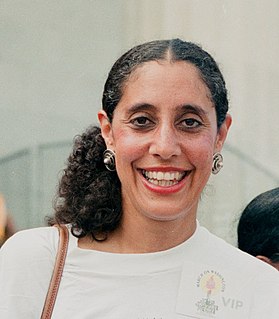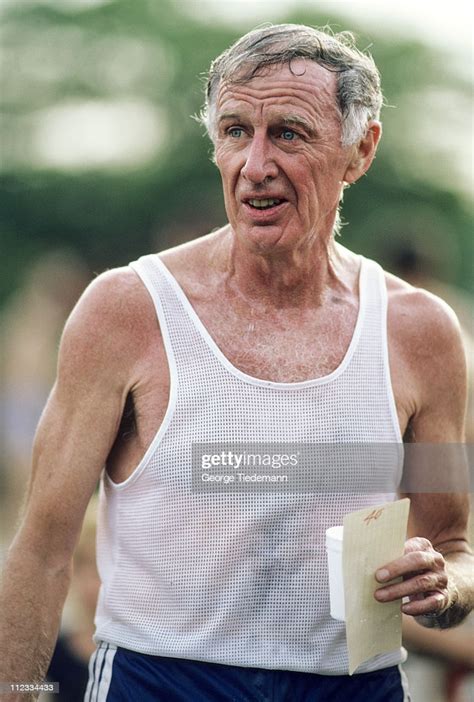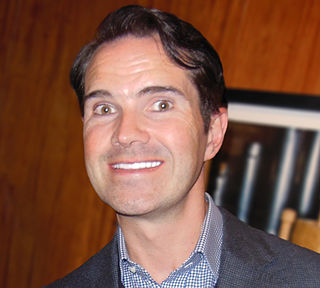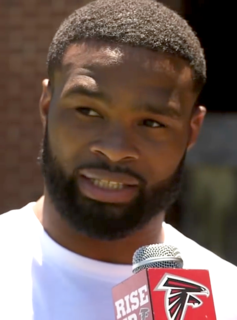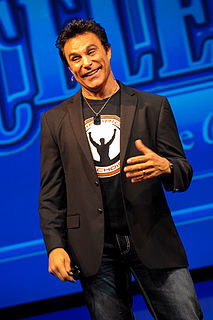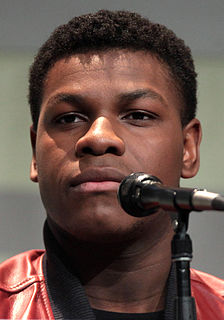A Quote by Anna Deavere Smith
I talk about race a lot. It's been my work ever since I came out of acting school. But it's true that in a way talking about race is a taboo. Because so many of our debates about race have to do not with race but with what we are willing to see, what we will not see and what we don't want to see.
Related Quotes
Regarding the idea of race, .. no agreement seems to exist about what race means. Race seems to embody a fact as simple and as obvious as the noonday sun, but if that is so, why the endless wrangling about the idea and the facts of race. What is a race? How can it be recognized? Who constitute the several races?.
No matter how old I get, the race remains one of life's most rewarding experiences. My times become slower and slower, but the experience of the race is unchanged: each race a drama, each race a challenge, each race stretching me in one way or another, and each race telling me more about myself and others.
It's the culture, not the blood. If you can go anywhere in the world and adopt these babies and put them into households that were already assimilated in America, those babies will grow up as American as any other baby with as much patriotism and love of country as any other baby. It's not about race. It's never been about race. In fact the struggles across this planet, we describe them as race, they're not race. They're culture based. It's a clash of culture, not the race. Sometimes that race is used as an identifier.
In the past, I said I didn't want to speak on certain issues because the second I said one thing about race, then 'Tyron's playing the race card.' But if you really think about it, what is the race card? The race card is that the man held me down, I had unfair circumstances, and I wasn't able to be successful because I was held down.
I still think that we have a hesitance to talk about things racial. And I think we do it at our detriment. We go from incident to incident, and we have spikes in which race becomes something that we talk about, as opposed to talking about race in those less contentious times when I think we might make more progress.
We are not post-racial. And in many ways we don't even know how to have a conversation about being post-racial. Until we get out of that old-school way of thinking about race and opportunity and the ability to transcend some of the past of this country, then we're going to be stuck in the 20th-century conversation about race.


